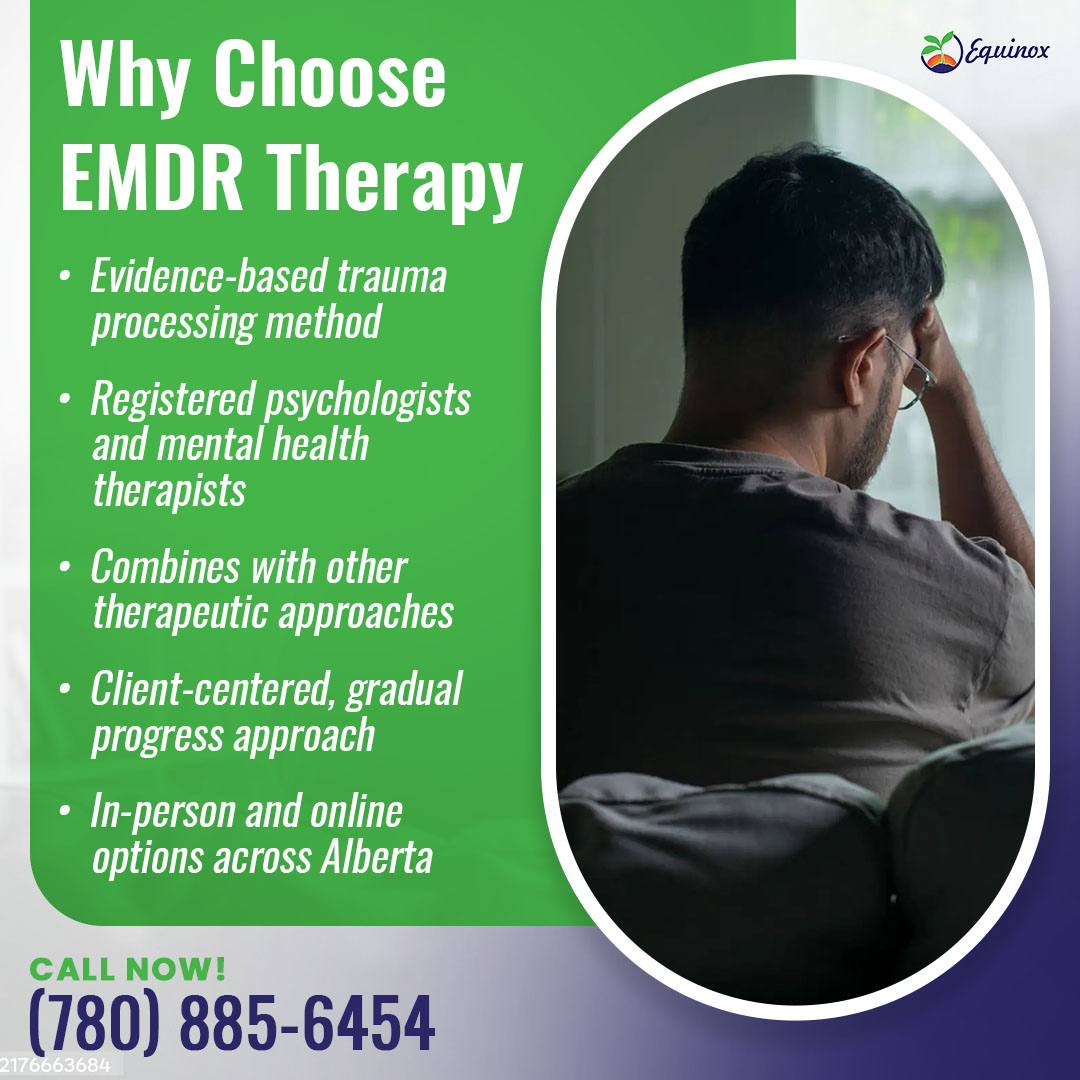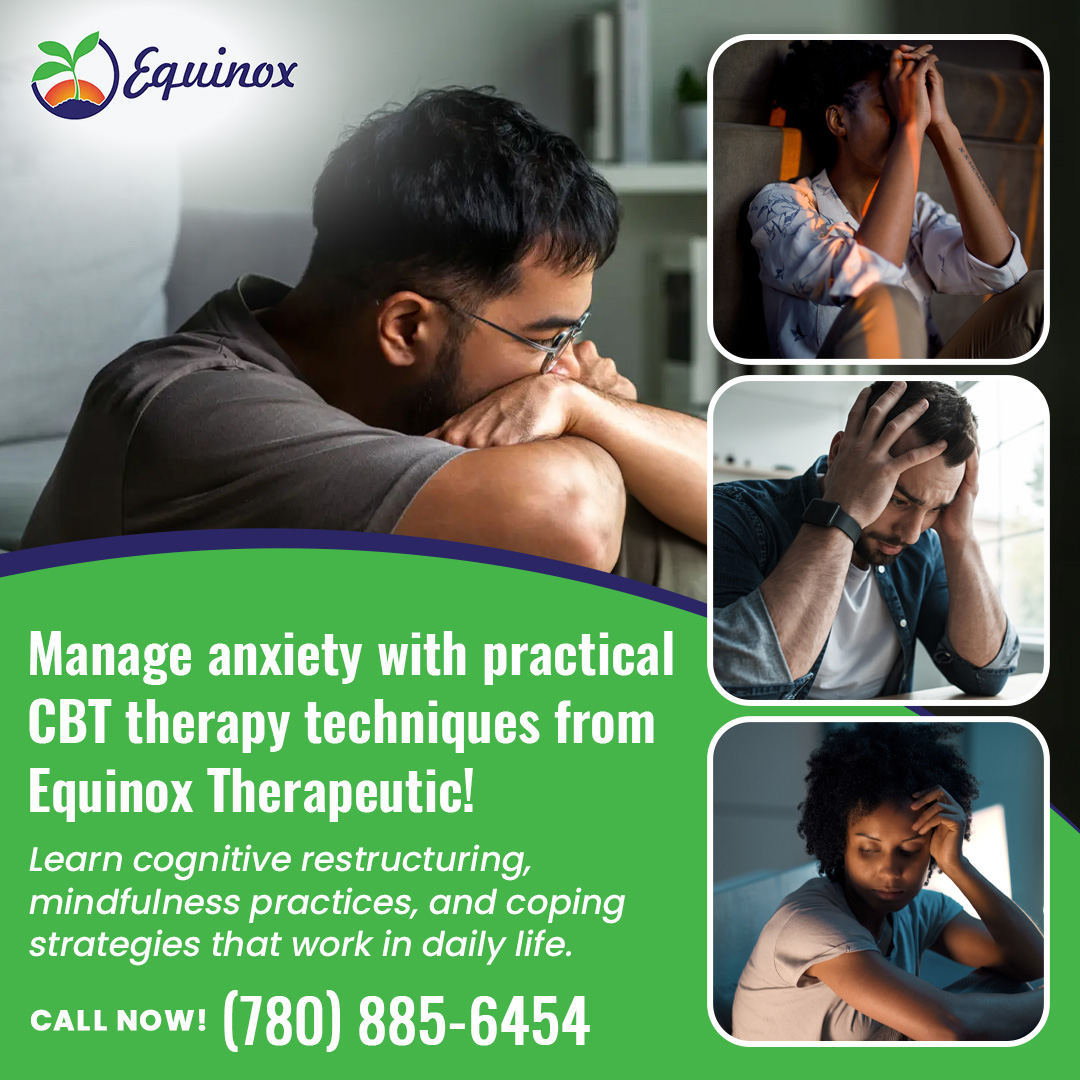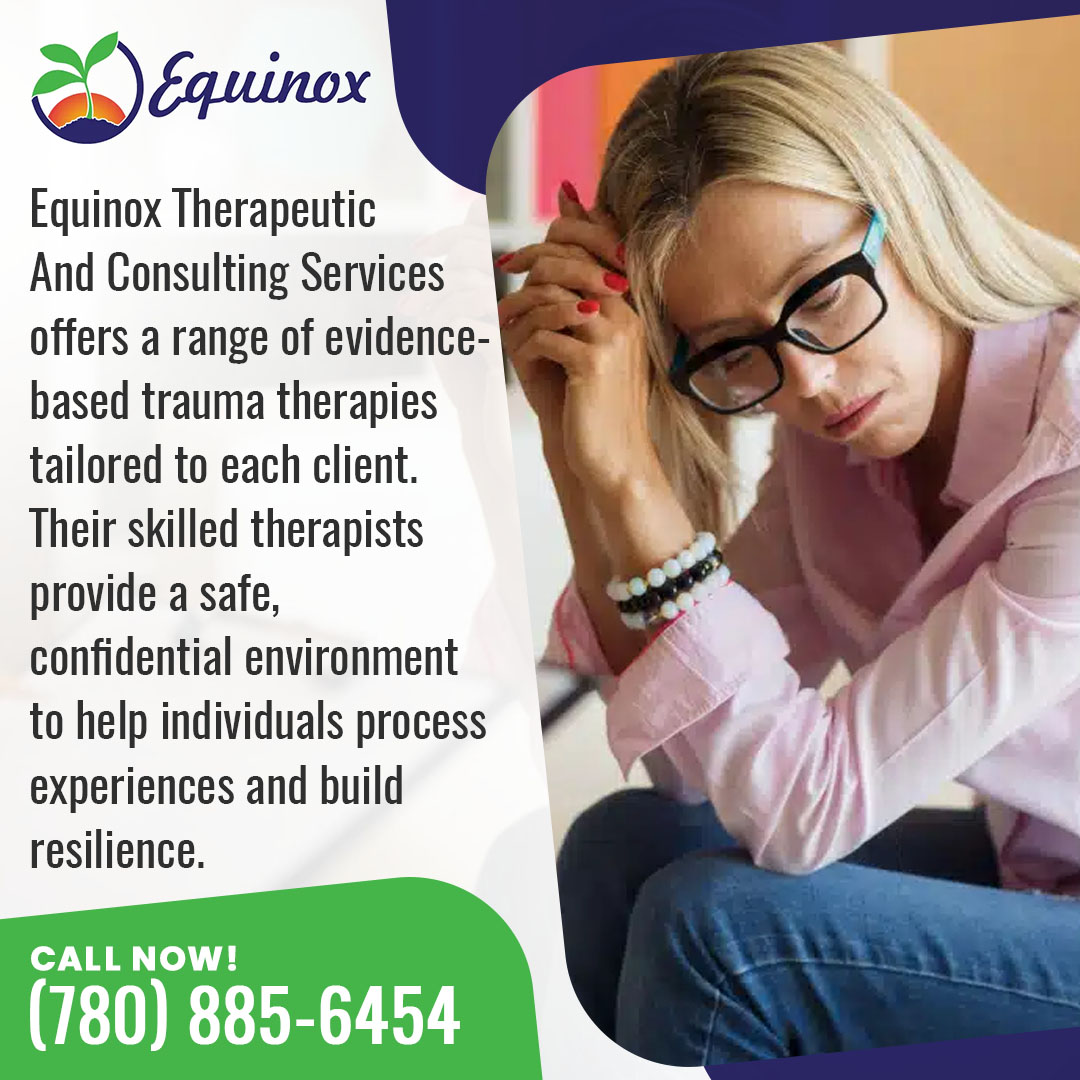Equine therapy can be a powerful tool in treating PTSD, offering a unique way to manage symptoms. By working closely with horses, you’ll benefit from their acute sensitivity to human emotions, which helps in building trust and enhancing self-awareness. These interactions foster emotional connections crucial for trauma processing and reducing anxiety. Studies show over 50% of participants experience significant symptom alleviation and don’t meet DSM-5 criteria for PTSD after therapy. Guided by certified therapists, you’ll develop non-verbal communication skills and emotional regulation. Uncover more about how this holistic approach can accelerate emotional and psychological healing.
Understanding PTSD
PTSD, or Posttraumatic Stress Disorder, profoundly affects an individual’s mental, emotional, and physical well-being, often arising from intense life-altering experiences. Trauma responses can include flashbacks, severe anxiety, and emotional numbness, which can disrupt your daily life. These symptoms highlight the vital need for effective coping mechanisms and support systems to aid in emotional regulation and resilience building.
You might find that your trauma responses extend beyond the emotional domain, manifesting as sleep disturbances, chronic pain, or even cardiovascular issues. Approximately 8% of U.S. adults will experience PTSD in their lifetime, with veterans particularly at risk. In fact, about 30% of veterans suffer from PTSD, and tragically, over 20 veterans die by suicide daily. Given these statistics, the significance of thorough treatment can’t be overstated.
It’s important to find a treatment approach that not only addresses your symptoms but also fosters a sense of belonging and safety. Building resilience through supportive environments and creative therapies can truly make a difference in your path toward healing.
What Is Equine Therapy?
Equine therapy, or equine-assisted therapy, involves engaging in therapeutic activities with horses to promote emotional healing and personal growth. In this approach, certified therapists guide you through interactions with horses that utilize their keen sensitivity to human emotions. These interactions are designed to foster emotional connections and improve non-verbal communication skills.
Horses, known for their perceptive nature, respond to your emotional states, providing immediate feedback that helps you develop self-awareness.
Engaging in therapeutic activities such as grooming and leading, you learn to trust and communicate more effectively. These activities aren’t just about the physical tasks but also about creating a deeper emotional bond with the horse.
Healing Through Equine-Assisted Therapy
Many individuals find profound healing through equine-assisted therapy as it offers a unique blend of emotional and physical recovery. By engaging with horses, you can forge an emotional connection that becomes a cornerstone for trust building and trauma processing. The non-verbal communication required to interact with these sensitive animals mirrors the emotional states you may struggle to express, providing a mirror for self-reflection and growth.
In equine-assisted therapy, you’ll work closely with horses under the guidance of trained professionals. This collaboration fosters an environment where you can safely investigate your emotions and build trust—both with the horses and within yourself.
The personal transformation many experience stems from the authentic connections formed, which can accelerate emotional and psychological healing.
Through activities like grooming, leading, and riding, you’ll develop a heightened sense of self-awareness and emotional regulation. This hands-on approach can permit you to process trauma in a non-threatening way, making it easier to confront and manage PTSD symptoms.
The holistic nature of equine-assisted therapy means you’re not just addressing your mental health but also engaging in physical activity, contributing to comprehensive well-being and fostering a sense of belonging and community.
Benefits of Equine Therapy for PTSD
Engaging in equine therapy can lead to considerable reductions in PTSD symptoms, offering a valuable complement to traditional treatment methods. You’ll find that the unique bond formed with horses promotes emotional regulation and personal transformation. By focusing on non-verbal communication, this therapy helps you become more in tune with your emotions and reactions, fostering a deeper sense of self-awareness.
Some participants report an accelerated recovery, with some research showing that over 50% no longer meet the DSM-5 criteria for PTSD after completing an equine therapy program. This accelerated recovery often includes alleviation of depression symptoms. The process of building rapport and communicating with horses—without the pressure of riding—allows you to develop emotional confidence and resilience.
Moreover, the personal transformations you’ll experience can greatly improve your quality of life. Horses act as mirrors to your emotional state, providing immediate non-judgmental feedback that can lead to profound insights and behavioral changes.
Integrating equine therapy into standard PTSD treatment protocols has shown promise, suggesting a paradigm shift in mental health recovery approaches. This integration offers a holistic path to healing, embracing both traditional and cutting-edge methods to support your path.
Starting Equine Therapy
Starting your equine therapy adventure involves an initial session to create a personalized treatment plan tailored to your unique needs and goals. During this consultation, you’ll collaborate with a therapist to outline specific objectives and strategies designed to support your healing experience. This personalized treatment will help to ensure that the therapy aligns with your emotional and psychological requirements, fostering a sense of belonging and safety.
Participant engagement is vital as you are led through guided interactions with horses focusing on building trust and honing non-verbal communication skills. Activities are designed to utilize the emotional sensitivity of horses, which can mirror your feelings and reactions, providing immediate nonjudgmental feedback. This unique dynamic helps facilitate emotional awareness and regulation, key components in managing PTSD symptoms.
Throughout your healing experience, you’ll uncover the therapeutic benefits of equine therapy, which has been shown to improve emotional regulation and alleviate PTSD symptoms. By engaging with these gentle creatures, you’ll experience a compassionate approach to mental health recovery supported by evidence-based practices.
Frequently Asked Questions
How Does Equine Therapy Help With PTSD?
You’ll find that equine therapy helps with PTSD by working with horse behavior for trust building, emotional regulation, and mindfulness practice. This therapeutic relationship improves self-awareness, providing a safe space for emotional exploration and healing.
How Does Animal Assisted Therapy Help With PTSD?
Animal-assisted therapy helps you with PTSD by fostering animal bonding and trust building. It improves emotional regulation, encourages non-verbal communication, and promotes mindfulness practice, providing a safe environment where you can heal and feel understood.
What Is the Type of Therapy That Is Used in the Treatment of PTSD?
Equine-Assisted Therapy is a type of therapy for trauma recovery. It offers emotional support, bonding experiences, and trust building. This therapy enhances self-esteem, helping you feel connected and understood in your healing process.
What Conditions Does Equine Therapy Treat?
Equine therapy benefits include emotional regulation, anxiety management, and improved social skills. You’ll find it helps with trauma processing and fosters a sense of belonging, making it effective for diverse conditions such as PTSD and depression.




